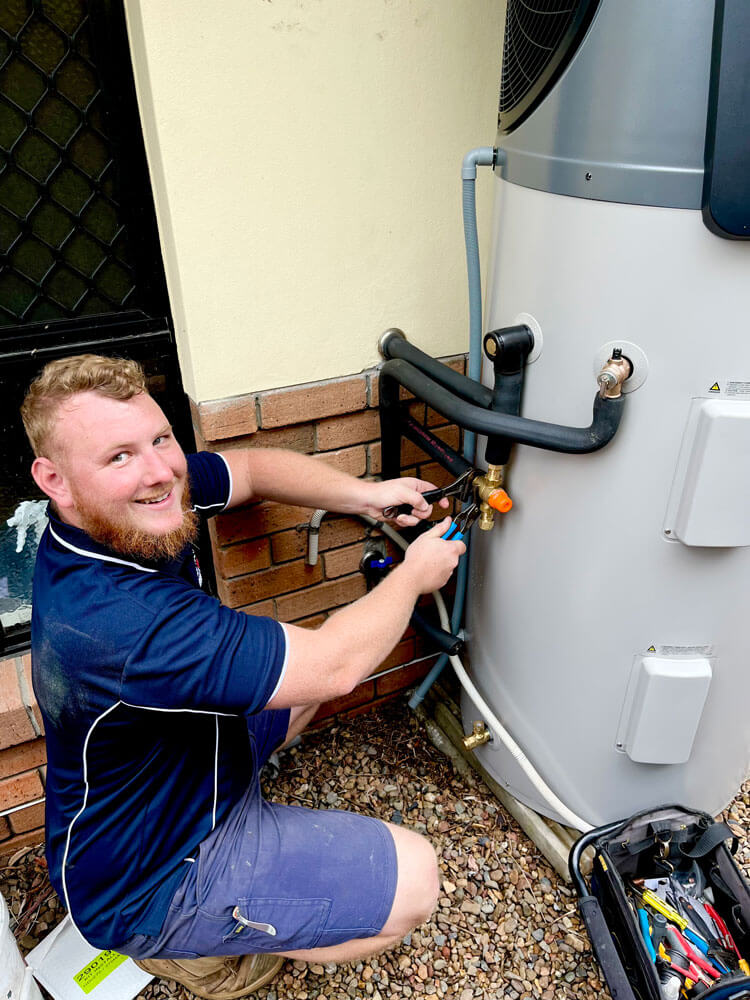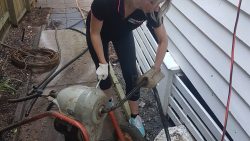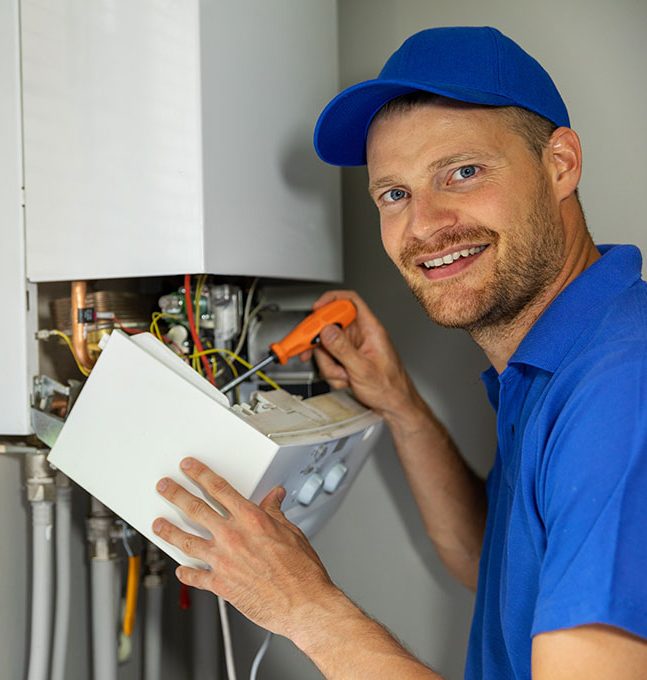
Why is my Hot Water Not Working?
Common reasons and solutions
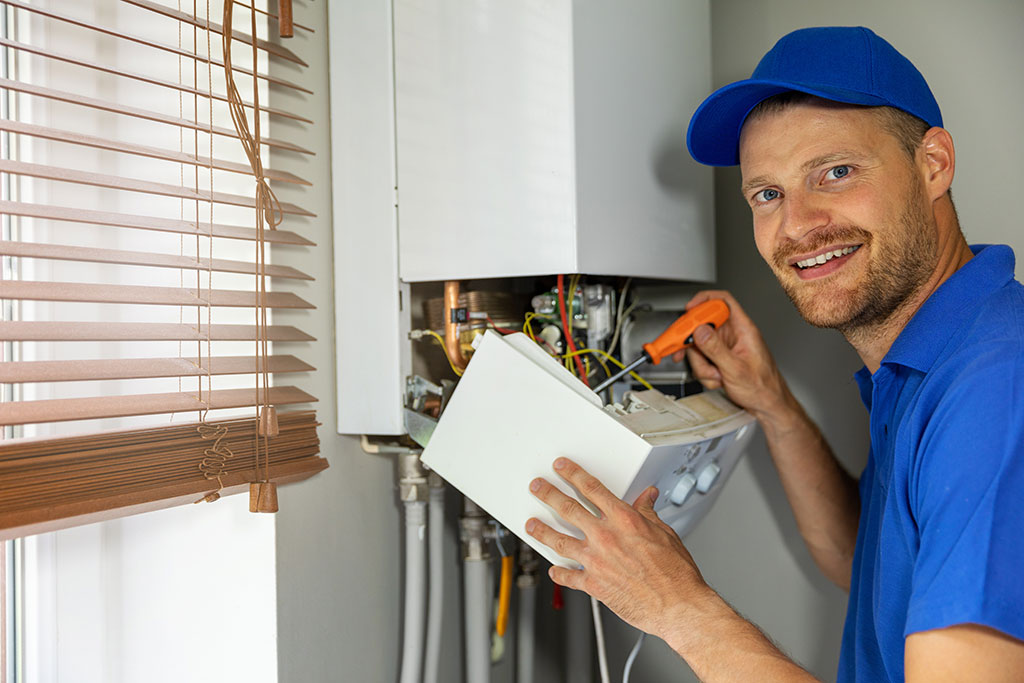
Hot water is a crucial part of everyday life, providing convenience and comfort to your home. Our hot water systems last for years and rarely cause concern, but what happens when your hot water system suddenly stops working?
This blog will explore what to do if your hot water system stops working, including what actions you can take, who to call, and how to ensure you receive a quality solution. We understand that facing a hot water crisis is a daunting experience, but with the correct information, you’ll be back to hot showers in no time. As hot water specialists with over 40 years of experience, let us guide you through this issue and get your life flowing again.
How do I know my hot water system is not working correctly?
The most obvious sign that your hot water system is not working is that you do not have any hot water. However, there are some other signs that your hot water system is experiencing a fault or is unsuitable for your circumstances.
- Rust-coloured water
- Water leaks on the hot water system
- Bad smell coming from the hot water system.
- The hot water system is making unusual noises.
- Inconsistent water temperature
- Insufficient hot water
These symptoms are all signs of potential issues with your hot water system or that it may not be correct for your usage circumstances. If you are experiencing any of these, we recommend having a licenced hot water specialist inspect your system as soon as possible.
What are the most common reasons why hot water systems stop working?
When assisting clients with their hot water systems, we encounter several common problems, depending on the type of hot water system you have installed.
The most common faults for electric hot water systems are a faulty heating element, failed tempering valve, a thermostat malfunction, or a leaking valve. Common faults with gas hot water units are issues with the gas control valve, the pilot light or the main burner.
Need to get hot water fast?
Please call us now and we’ll be there as a matter of urgency.
Call: (07) 3878 4444
We’ve got a brilliant team on the ground right now who’ll give you real, honest advice and a great price. And all our work is 100% guaranteed.
How are these common faults presented, and what can we do with them?
Some of these faults can be easily identifiable, and you may even be able to restore the hot water yourself quickly.
Electric hot water systems
Faulty element and or thermostat.
Issues with the heating element or thermostat can present similar problems and most often result in a cold tank. Occasionally the water temperature may be lower than usual, which could indicate a problem with the thermostat. Replacement of these parts is the only solution and will require a suitably qualified electrical contractor to complete the repairs.
Our hot water technicians have plumbing, gas and restricted electrical licenses and can perform these repairs.
Tripped circuit breaker or a blown fuse.
Check the switchboard and locate your hot water switch. If it’s a circuit breaker, you could try to reset it. If it goes off again, leave it off and call us. Fuses have a small piece of wire that will melt and brake if an issue with the system occurs. This wire can be replaced; however, it’s essential that the correct size/rating is used to ensure no further damage.
Faulty ripple control receiver or tariff selection.
Some electric hot water units have the power hooked up through a controlled tariff. This reduces the load on the city’s power grid during peak time, and usually, a discount on the energy charges is passed on to the customer. If you’re on the wrong tariff, you may run out of hot water as the system will only heat during the off-peak times of day and overnight. If you think you may be on the wrong tariff, call your energy provider and discuss changing it to a different and more suitable tariff. Alternatively, a larger tank capacity may provide sufficient hot water between heating cycles. This tariff is controlled through a switch in your meter board known as a ripple switch. The power supplier owns and operates this, and only they can replace it if it is faulty.
Gas hot water systems
The pilot light is out or won’t stay on.
If you have a gas hot water unit, then there is every chance you’ve had to relight the pilot light at some stage. Storms and high wind may cause the pilot light to go out, or a recent LPG cylinder replacement may present the need to relight the pilot. If you’ve attempted to get the pilot light going again and it won’t stay on, your thermocouple could have an issue. This safety device detects the pilot light’s flame and keeps the gas valve open. A problem with this, and the system simply won’t work.
Faulty gas control valve.
The gas control valve is the thermostat of a gas hot water unit, opening and closing to control the gas flow to the main burner as the unit needs to heat up. Problems with this valve can result in pilots not lighting, poor temperature, or a complete lack of hot water. The gas control valve is a non-serviceable part and will require replacement if issues are found.
Burner and pilot tube issues.
Although not the most common issue, the main burner can occasionally become blocked with debris that builds up in the heater’s flue. This falls from the flue and can block the gas flow from the burner, causing inconsistent flames or even a failure to ignite the main burner. The same can happen with the pilot injector tube. Removal and cleaning will resolve this issue and must be done by a licensed gas fitter.
Solar hot water systems
Shade covering panels or bad weather.
Any shade over the panels of a solar hot water system will reduce their ability to function correctly. Obviously, bad weather is unavoidable, but thankfully, it is only temporary. Try turning the booster switch on if it’s a stormy day or we’ve had a few days of cloudy conditions. This will power up a backup heating element and give you hot water until the weather improves.
If the issue is caused by tree cover or a build-up of debris on the panels, trim back trees where possible and give the panels a quick clean.
Faults within the electric booster.
Solar hot water systems don’t only rely on the sun. They also have booster elements for days of bad weather or higher-than-normal usage. Like an electric hot water system, the water is heated using an element and thermostat. If either fails, you may find the system doesn’t get as hot or the capacity is significantly reduced during these periods. Our team will be able to assist with replacing these components.
Faulty circulating pump or controller.
If your solar water heater is a loline system with panels on the roof and a tank on the ground, you’ll have a circulating pump controlled by a small module that works with sensors both on the roof and in the tank to control the temperature with the system. Our team of qualified hot water plumbers can run diagnostics to determine where the fault is and how to rectify it.
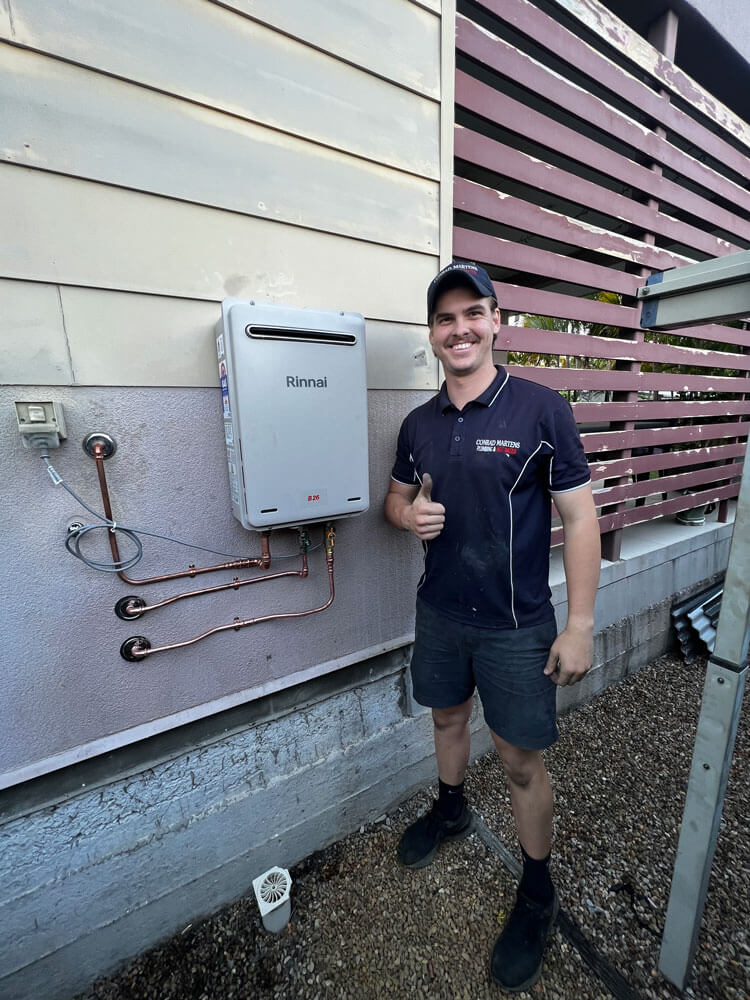
Broken heating panels.
As systems age, the panels on the roof become less reliable to cope with the extreme temperatures they endure, especially in the warmer months. Because of this, the small pipes with the solar panels may burst. Storm damage or leaks at the connections can also become problematic. Water will then cease passing through them properly and faster than usual, resulting in water loss and failure to heat. Replacement of the affected panel or connection is all that can be done if you’re experiencing this problem.
Issues that can affect any system.
Leaking Pressure relief valves.
All storage tanks and solar hot water systems have valves fitted to help maintain a safe working pressure. To do this, they will drip a small amount of water whenever the pressure within the tank exceeds the safe level determined by the manufacturers. Like everything, these valves have a lifespan and will fail from time to time. Our licenced technicians can test the inlet pressure and replace the valves to resolve this problem.
Faulty pressure limiting valve.
In addition to the pressure relief valves, your system may also have a pressure limiting valve that limits the incoming water pressure to a safe level to extend the life of the tank and the tapware that the water heater feeds. If this valve fails, you may experience lower water pressure throughout the house or have a short burst of good flow that quickly reduces to a trickle. Our technicians can assist further if your system has a faulty pressure limiting valve.
Tempering valve has failed.
Current legislation requires all hot water supplies to sanitary fixtures not to exceed 50 degrees. This is achieved using tempering valves installed to lower the temperature from the storage temperature of around 70 degrees. Poor water temperature or flow could indicate a problem with your tempering valve and will require our licenced plumbers to assist you.
Hot water system capacity is too small.
This is an issue that, unfortunately, isn’t easy to rectify without the complete replacement of your hot water unit, and that is why the correct sizing of new systems is vital.
Fault prevention and hot water system maintenance.
It’s great to know that when things go wrong, they can be fixed. But staying in front of the issues will often save on an expensive repair and a nasty early morning cold shower. Not all problems can be prevented, but we have a few tips to help keep your hot water heater producing hot showers for as long as possible.
• Regular flushing of relief valves and drain lines.
Valve manufacturers often suggest they be flushed every six months. This is to prevent a build-up of sediment and calcium on the valve seat and to keep the drain lines free of obstruction. To do this, gently lift the lever until water is released from the drain lines. Be careful when lifting the PTR valve, as this will release hot water directly from the tank.
• Stay up to date with the recommended manufactures servicing schedule.
Different manufacturers will have slightly different timelines for servicing. Some suggest minor and major servicing, while others call for a standard service at specific intervals. Either way, you will need a qualified plumber to inspect the system, test valves and pressures and ensure the system operates as it should. At this point, any potential issues will be bought to your attention, and preventative maintenance will be suggested.
• Flushing sediment from tanks.
For many plumbers, this will seem like an unnecessary job. However, as they age, systems can develop large sediment deposits in the tank’s base. This can build up around heating elements causing them to overheat and fail.
In gas units, it can also cause large cracking sounds when heating. This is usually not something to be concerned about; however, it’s good to know that sediment may be the cause.
• Regular flushing of relief valves and drain lines.
Valve manufacturers often suggest they be flushed every six months. This is to prevent a build-up of sediment and calcium on the valve seat and to keep the drain lines free of obstruction. To do this, gently lift the lever until water is released from the drain lines. Be careful when lifting the PTR valve, as this will release hot water directly from the tank.
• Stay up to date with the recommended manufactures servicing schedule.
Different manufacturers will have slightly different timelines for servicing. Some suggest minor and major servicing, while others call for a standard service at specific intervals. Either way, you will need a qualified plumber to inspect the system, test valves and pressures and ensure the system operates as it should. At this point, any potential issues will be bought to your attention, and preventative maintenance will be suggested.
• Flushing sediment from tanks.
For many plumbers, this will seem like an unnecessary job. However, as they age, systems can develop large sediment deposits in the tank’s base. This can build up around heating elements causing them to overheat and fail.
In gas units, it can also cause large cracking sounds when heating. This is usually not something to be concerned about; however, it’s good to know that sediment may be the cause.
With many of these problems coming with similar symptoms, solving the riddle of just what’s gone wrong can seem complicated. The first step is getting the right advice from a qualified, experienced hot water plumber. While turning a circuit breaker back on or relighting a pilot light may not need the urgent response of a plumber, DIY repairs may result in further damage or injury.
If you’ve found yourself with a hot water problem and think it’s any of the symptoms above, contacting the hot water team at Conrad Martens Plumbing will often be your best and safest option. Thankfully, these common faults are easily correctable in most cases, and our hot water specialists carry various spare parts to suit many electric and gas hot water systems. We will often be able to identify and replace faulty parts to get the issue sorted, so you are back in a hot shower in no time.
Yours in keeping the good life flowing!
